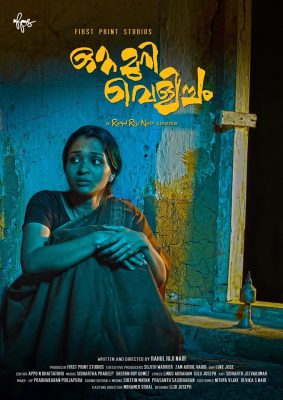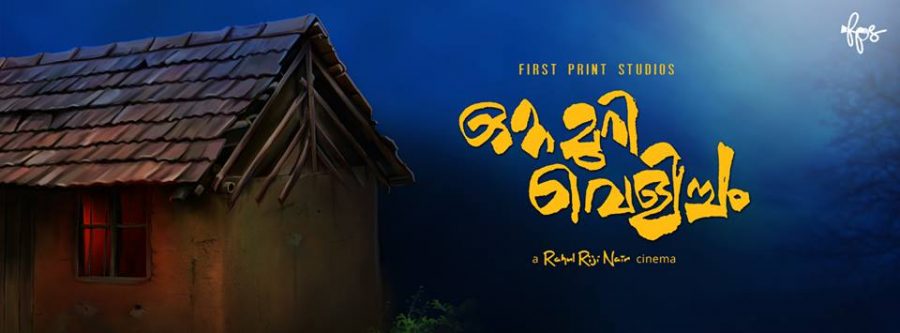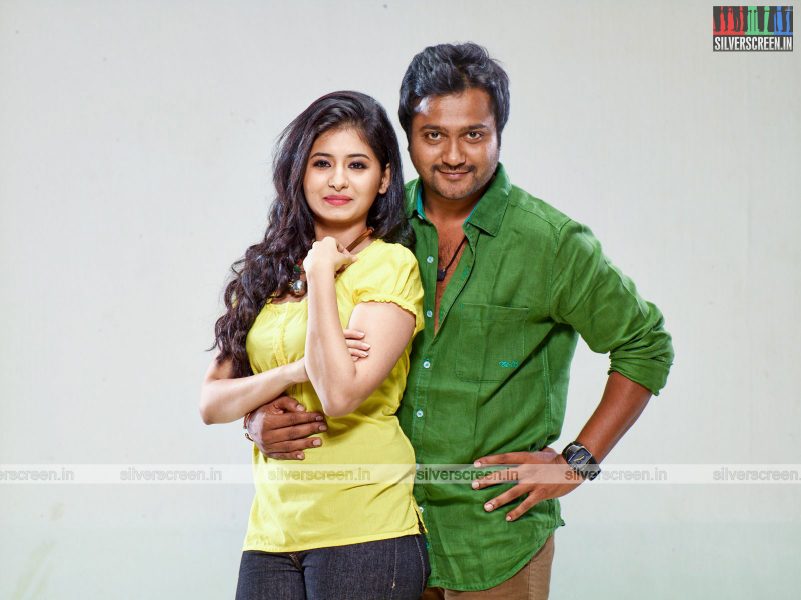On International Day for Elimination of Violence Against Women (November 25), a look at Rahul Riji Nair’s film that explores marital rape – an act the apex court refuses to categorise as criminal offence.
Debutant director Rahul Riji Nair’s Ottamuri Velicham (Light In The Room) opens to a scene in which a hamlet in the wild coldly welcomes a newly-wed woman. The jeep the wedding party is travelling in breaks down on the way, and the groom tries to repair it. His mother, seated next to the timid bride, remarks that it is a bad omen, and the girl’s face turns bluer. That night, she sleeps beside her husband, a man she barely knows, in a tiny room with a piece of cloth acting as the door. He pulls her close to have loveless sex; she pleads to be left alone. The husband backs off, but not without expressing his displeasure.
Light In The Room discusses marital rape, a crime the Indian judiciary and a large section of the society refuses to acknowledge. It is one of the 24 Indian films featured in National Film Development Corporation’s Film Bazaar Recommends list, and has also been selected to the Market Recommended category of Dubai International Film festival.
Set against the backdrop of a dark rain forest in Kerala, the film is a gripping tale of Sudha (Vinitha Koshy), a young girl trapped inside a monstrous marriage, enduring rape and other kinds of physical violence. A number of people witness her suffering from close quarters – a sympathetic mother-in-law who is unable to rein in her criminal son, a little girl from the neighborhood who reminds Sudha of herself, and terrifies her for the same reason, and an elderly man who offers her words of sympathy, yet does nothing to help her. The movie culminates in an electrifying moment in which she declares her independence.
 The forest in Ottamuri Velicham is something of a metaphorical cage that pins down the battered woman. In two mutually conflicting scenes, Rahul explores her tragic transformation from a gleeful teenager to a tormented woman – in one of the initial scenes, Sudha is watching the mountain and the woods in awe, as her mother-in-law explains to her how fierce, yet beautiful the nature can be. When her husband leaves for work, she gleefully goes out to explore the locality on her own. In a later scene, she is seen trying to flee the same forest with all her might, in vain.
The forest in Ottamuri Velicham is something of a metaphorical cage that pins down the battered woman. In two mutually conflicting scenes, Rahul explores her tragic transformation from a gleeful teenager to a tormented woman – in one of the initial scenes, Sudha is watching the mountain and the woods in awe, as her mother-in-law explains to her how fierce, yet beautiful the nature can be. When her husband leaves for work, she gleefully goes out to explore the locality on her own. In a later scene, she is seen trying to flee the same forest with all her might, in vain.
Rahul, who is currently in Panaji where the International Film Festival Of India is underway, tells Silverscreen.in that marital rape isn’t what he pegged the film on. “I wanted to narrate a story that discussed how a young woman’s privacy is breached when she enters an arranged marriage. But in the writing stage, I realised it is marital rape we were talking about in our film. It is one of the most heinous, yet hushed topics in our cinema as well as society,” he says.
The scenes of violence in Ottamuri Velicham are depicted sensitively. The film wholeheartedly sides with her – the victim – and shows little interest in exploring the psyche of the man – the predator.
Written and directed by Rahul, the film was co-produced by him, along with his eight friends. Shot in a village in Thiruvananthapuram district’s Bonacaud, a picturesque locale which lies next to the famous Agasthyarkoodam peak, the film was completed in 21 days, on a shoe-string budget of Rs 20 Lakh.
Rahul, who has degrees in engineering and management, began his film career with Human Boundaries, a documentary on Hindu refugees in Pakistan in 2011. It was produced by Rahul’s production house, First Print Studios. “That gave us a lot of mileage. The film was screened at over 12 centres across the United States, many centres in Europe and several university campuses in the UK. It won a bunch of awards in and outside the country. I had a good start,” says Rahul. He did many music videos, short films and brand commercials in the six years preceding Ottamuri Velicham. “Over the years, I made a bunch of close friends who are either film aspirants or recognised names in the industry. Ottamuri Velicham was our combined investment towards a steady career in cinema, ” he says.
Recommended
Rahul admits that his aspirations lie primarily in the commercial film industry. “I grew up watching films of Sathyan Anthikkad, Kamal and Priyadarshan. I was told by many art house filmmakers and admirers that Ottamuri Velicham doesn’t match their sensibilities, which I readily agree with. All I wanted was to narrate a story neatly, with utmost sincerity and sensitivity,” he says.
The NFDC selection opened to Rahul and his team a door they hadn’t been expecting. “Here, at Goa, we have access to an investor session. We have five minutes to give a talk and a presentation of our film to prospective producers, collaborators and distributors. Also, I have a complimentary delegate pass which lets me meet many resourceful people, network with them, make connections that would help me make my next film. People can watch my film in the viewing room at IFFI too, so that gives it further reach. I wasn’t prepared for a giant marketplace as this. I believe my film shall take its course.”
Pic: Facebook page of First Print Studios
*****



